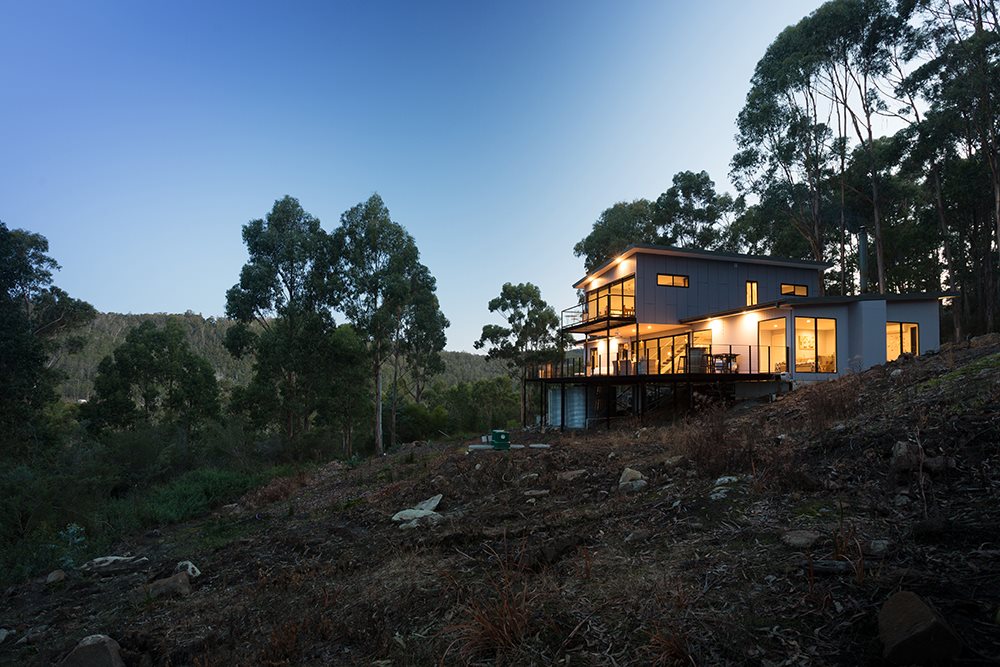
Sustainable Living in Hobart Homes
Posted by on 2025-02-27
Sustainable living in Hobart homes is a concept that has gained significant attention in recent years. As more and more people become aware of the environmental impact of their daily choices, there has been a growing interest in adopting practices that are not only eco-friendly but also contribute to a healthier and more balanced lifestyle.
When we talk about sustainable living in Hobart homes, we are referring to a set of practices that aim to minimize our carbon footprint and reduce our consumption of natural resources. This can take many forms, from using energy-efficient appliances and solar panels to composting food waste and growing our own fruits and vegetables.
One of the key aspects of sustainable living is reducing energy consumption. In Hobart, where electricity prices are among the highest in Australia, this can be a significant challenge for many households. However, by making simple changes such as switching to LED light bulbs, turning off appliances when not in use, and insulating homes properly, residents can significantly reduce their energy bills while also helping the environment.
Another important aspect of sustainable living in Hobart homes is water conservation. With Tasmania facing regular drought conditions, it is essential for residents to be mindful of their water usage. This can involve installing water-saving devices such as low-flow showerheads and toilets, collecting rainwater for irrigation purposes, and fixing leaks promptly.
In addition to reducing energy and water consumption, sustainable living in Hobart homes also involves minimizing waste generation. This can be achieved through practices such as recycling, composting organic waste, and buying products with minimal packaging. By reducing the amount of waste that ends up in landfills, residents can help protect the environment and conserve valuable resources.
Overall, sustainable living in Hobart homes is about making conscious choices that benefit both the planet and ourselves. By adopting practices that prioritize environmental sustainability, residents can create a more resilient community that is better equipped to face the challenges of climate change. Whether it's through reducing energy consumption, conserving water, or minimizing waste generation, every small step towards sustainability makes a difference in creating a greener future for all.